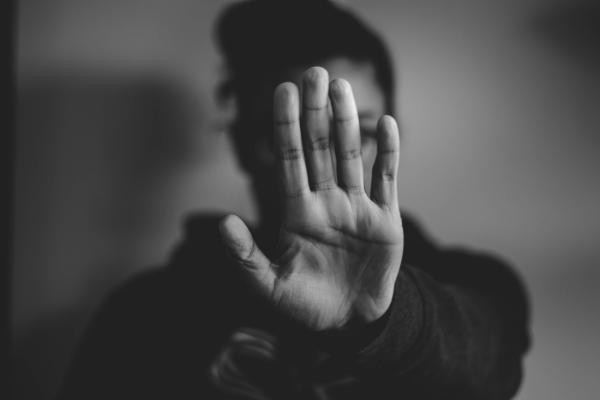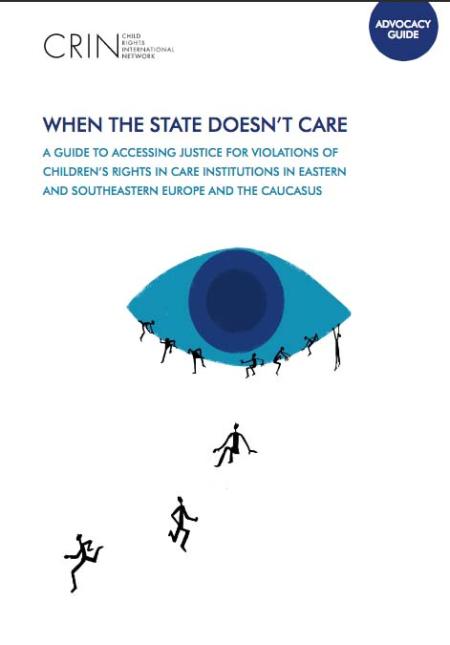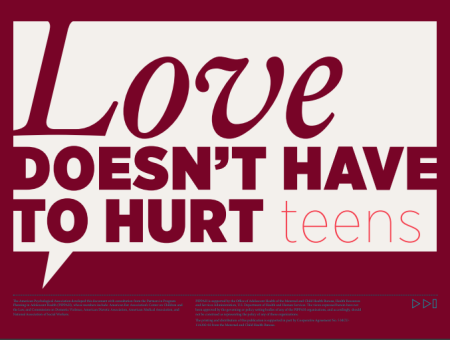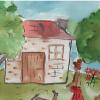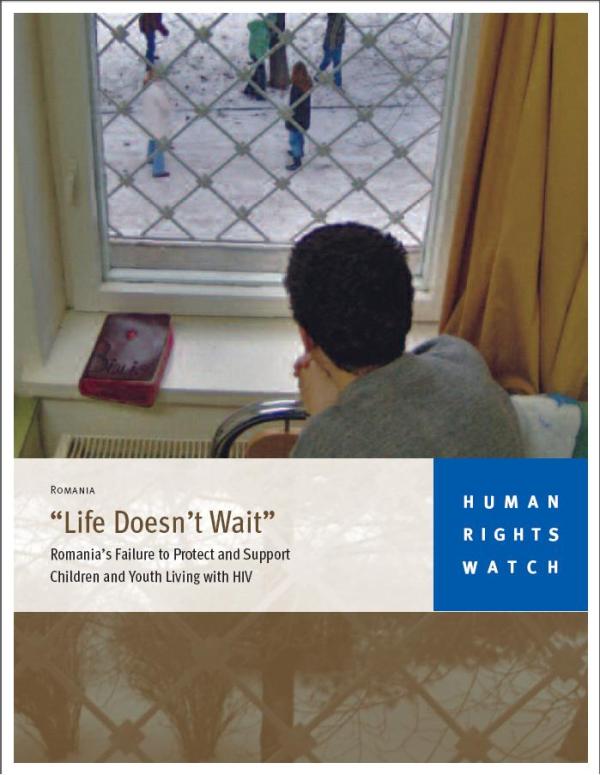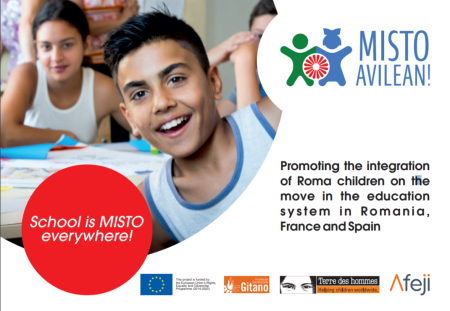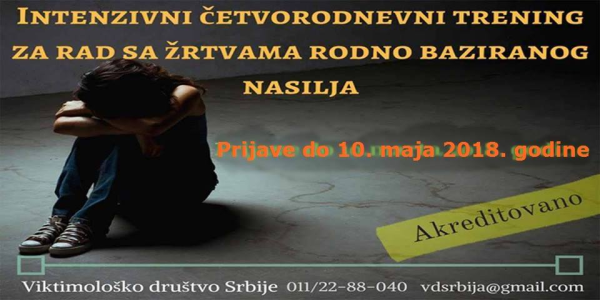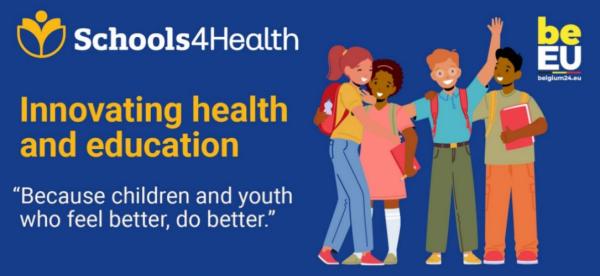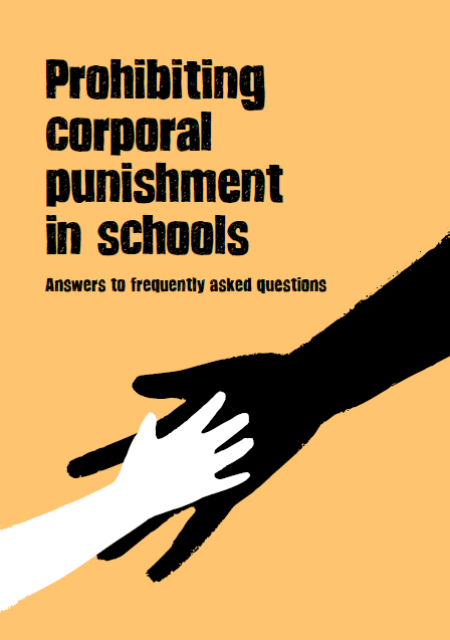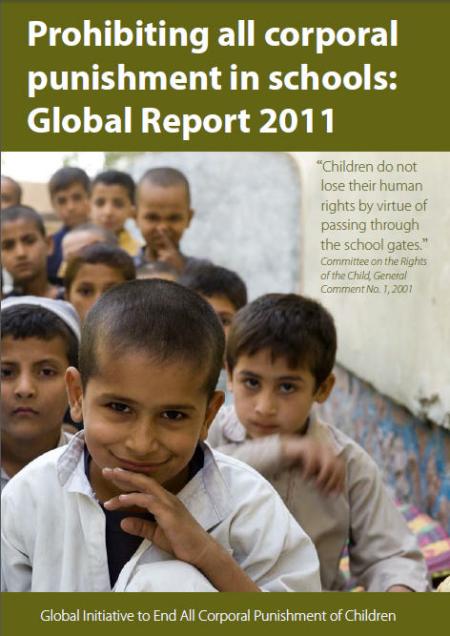
Author lists four reasons why corporal punishment does not work. Studies included.
Context:
- Corporal punishment is institutional child abuse
- Multiple forms of violence in educational settings: symbolic, structural and physical
Issue at hand:
- Although forbidden in many countries only 53 countries ban corporal punishment formally (according to 2019 statistics)
- In many countries corporal punishment is used illegally
- Countries like Kenya there is increasing pressure to bring corporal punishment back to schools
- Research has shown that across gender, race and parenting styles, corporal punishment does not improve behavior, it makes it worse
- Overall, author concludes that “corporal punishment breaks young people and brutalizes them”
Why corporal punishment does not work
- According to neurobiology, learning is an emotional matter
- When the brain is in a state of panic due to fear, it cannot integrate information deeply
- Although corporal punishment can to behavioral regulation, other more humane deterrents are sufficiently effective
- With progressively severe levels of punishment to unwanted behaviors, escalation of physical punishment can become extremely dangerous
- When physical punishment is set as a norm, forms of physical abuse can become mainstream
- A 2014 study in Brazil found a positive correlation between incidents of bullying and violent discipline methods
- Positive discipline and restorative practices are more likely to influence change than corporal punishments
- Corporal punishment has long-term psychological effects
- A 2021 study shows that spanking can have serious neurological effects on young people, similar to those endured after severe maltreatment

You might like..
0
15
“When the state doesn’t care” A guide to accessing justice for violations of children’s rights in care institutions in Eastern and Southeastern Europe and the Caucasus was developed by Child Rights International Network – CRIN, with the…
0
102

The American Psychological Association has published a child-friendly tool for teenagers. This tool is related to love, dating and relationships during teenager years. Considering this period to be filled with many developmental challenges and risks…
no
0
58
Petya Dimitrova is a program director at the Institute of Social Activities and Practices and works on topics for children in contact with the law - as victims, perpetrators and witnesses in proceedings. She has previously worked in both the public…
0
8
More than 7,200 Romanian children and youth aged 15 to 19 are living with HIV. The vast majority were infected with HIV between 1986 and 1991 as a direct result of government policies that exposed them to contaminated needles and microtransfusions…
0
124
Noema Agency have conducted a nationwide representative survey commissioned by the National Network for Children including both parents and young people / future parents and children. Among the most significant results of the study is that 88% of…
0
74
Modern parenthood is full of challenges and majority of adults say that the role of a parent is the most beautiful and the hardest one in their life. Most of the time, parents want the best for their children, but there are moments when they feel…
0
41
The series of webinars organized through MISTO AVILEAN Project will tackle subjects related to migration and working with children affected by migration, being it active (children on the move) or not (children left behind by parents in active…
0
134
The Viktimological Society of Serbia invites you to an intensive four-day training:
For working with victims of gender-based violence.
Working language: Serbian.
Registration fee: 25.000,00 dinars per person (if more than three people from…
0
As advocates for children's rights and well-being, Dr. Ally Dunhill, Eurochild Director of Policy, Advocacy and Communications, and Lenia Kriki, Child Participation and Policy Officer, recently shared their insights on…
0
9
On July 3, 2020, the parliament approved the establishment of the school guard institution, and it is already known that school guards will start their work at 491 locations. The Bagázs Association shares some thoughts about this subject in its blog…
0
1293
When we are in social distance, quarantine or isolation, the state of our mental health can change, and we can experience: emotional distress, fear and anxiety, emotional fatigue, feelings of boredom, depression, frustration, irritability,…
0
3
A primary school replaced homework in December with 'acts of kindness'.
The aim is to spread the true meaning of Christmas by practising kindness for friends, family and the community. Participants have to do something nice to…
0
80
This is one of three booklets produced by the Global Initiative to End All Corporal Punishment with support from Save the Children Sweden.
These booklets should give parents and carers, government officials, education professionals and others the…
0
27
Hitting people is wrong – and children are people too. Corporal punishment of children breaches their fundamental rights to respect for their human dignity and physical integrity. Its legality breaches their right to equal protection under the law…
no
0
498
By involving social workers in schools, it can help to act faster and provide assistance to social services to those who need it in the educational environment.
The study, which involved more than 150 educational institutions across England,…

